
The World of Entrepreneurship with STEM
The teachers’ recruitment crisis is a challenge for almost all of Europe, leaving EU countries with pedagogical shortages in the educational sector. On top of that, the educational system struggles to follow new global challenges, climate change and the need to adapt the educational sector to these changes. It does not equip teachers with proper competence that would help them introduce digitalization and necessary skills to educational curricula. Aksantys, as a leader, together with other European partners, decided to perform a project where, by collaborating together, we aim to respond to these challenges.
The aim of the World of Entrepreneurship with STEM project is to equip consortium members, teachers, pedagogues, educational experts, and employees with the entrepreneurial and digital skills that will help them to introduce new teaching courses for pupils in schools. The focus of the activities is on the Science, Technology, Engineering, and Math (STEM) approach, which is assumed as a basic model to be implemented in schools.
We created a STEM community consisting of institutions from France, Italy, Turkey, and Macedonia, which is committed to delivering continuing professional development (CPD) to their employees and bringing the STEM models into regional and national schools.
Project funding: Erasmus+ (European Commission)
Project partners: ASSO – Agenzia per lo Sviluppo Sostenibile (Italy), Soke ilce milli Egitim Mudurlugu (Turkey), Sugs Zef Lush Marku” (Macedonia)
The project will run from September 2022 to February 2024
Aksantys helps to introduce new Entrepreneurship learning directions for students in schools
Aksantys, as a leader, together with other European partners ASSO – Agenzia per lo Sviluppo Sostenibile (Italy), Soke ilce milli Egitim Mudurlugu (Turkey), Sugs Zef Lush Marku (North Macedonia) is pleased to kick-off a new project ”The World of Entrepreneurship with STEM”.
The kick-off meeting and training took place in Skopje at the project participant’s premises in the grounds of the SUGS school “Zef Lush Marku” between the 14th – 16th November 2022.
The meeting addresses the new educational curricula and it is aimed to train effective strategies that can be used to introduce the concepts and principles of Entrepreneurship Education, as well as to help students participate in entrepreneurship, including:
- Introducing what Entrepreneurship in Education is;
- Indication the role of Social Entrepreneurs in Education;
- Presenting basic concepts in Entrepreneurship and principles of Entrepreneurship and project-based learning;
- Creating Entrepreneurs in the Education System;
- Teaching Entrepreneurship Models;
- Discussing cooperation with local stakeholders;
- Presenting techniques, tips and methods to increase students’ entrepreneurial skills in the classroom;
- Creative Idea Development: Recognizing Idea Generation and Development Strategies – idea creating, teaching creativity;
- Online tools for budgeting, planning, evaluation, time and team management;
- Bringing the basic concepts of Entrepreneurial slang, such as: start-up, incubators, fab labs, business model;
- Practical group work and simulation activities: developing a business model;
- Introducing Entrepreneurship with a Psychological Approach.
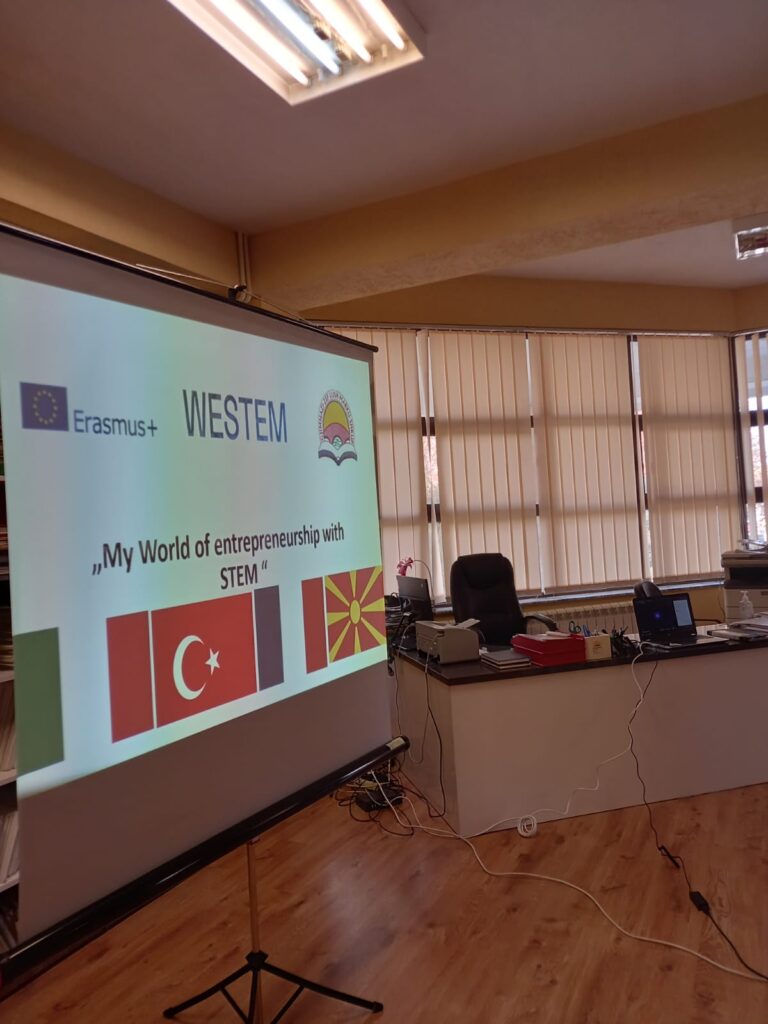
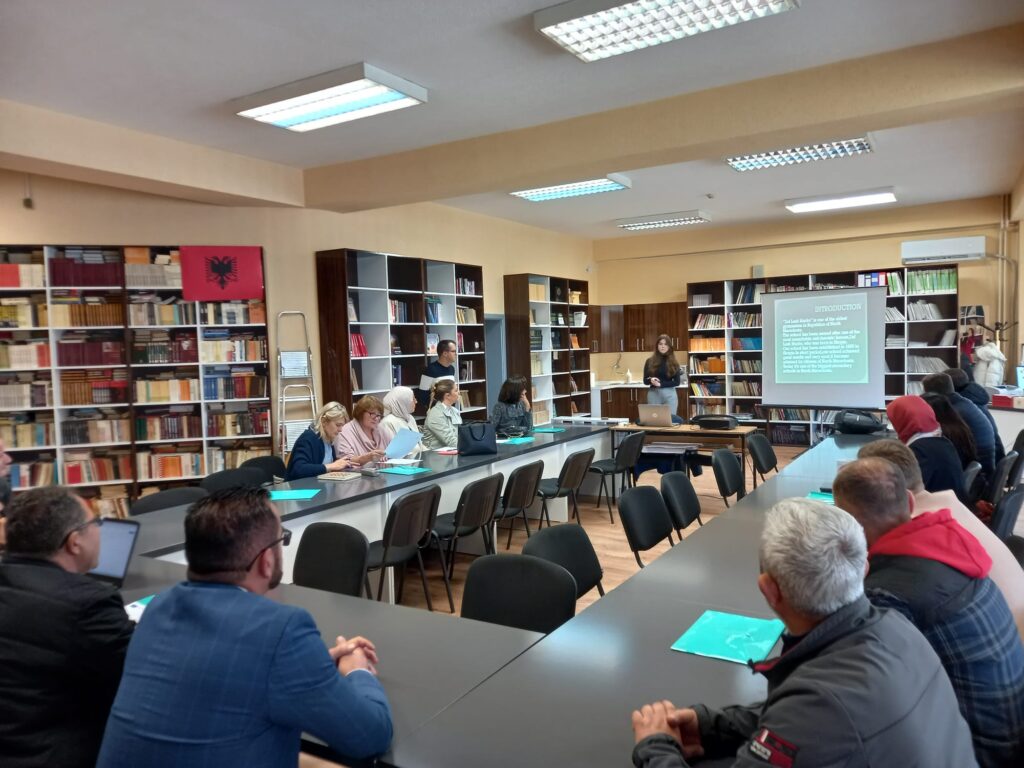
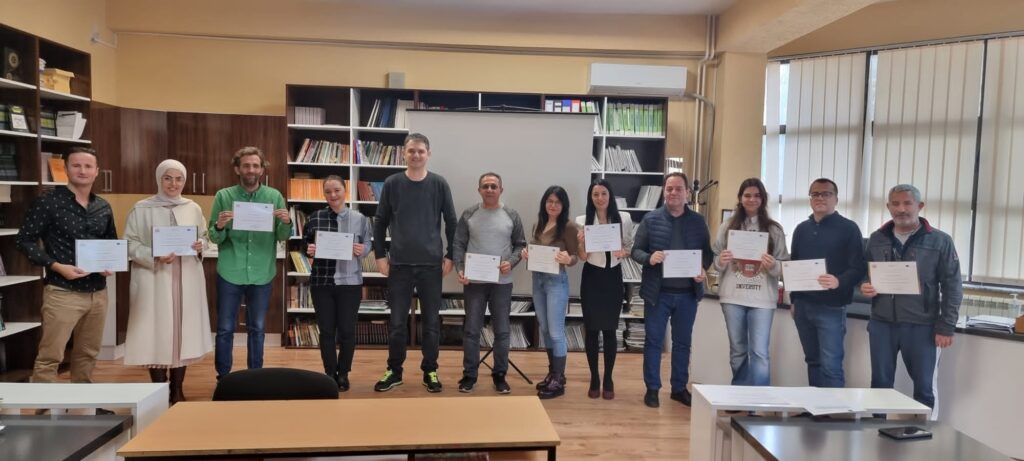
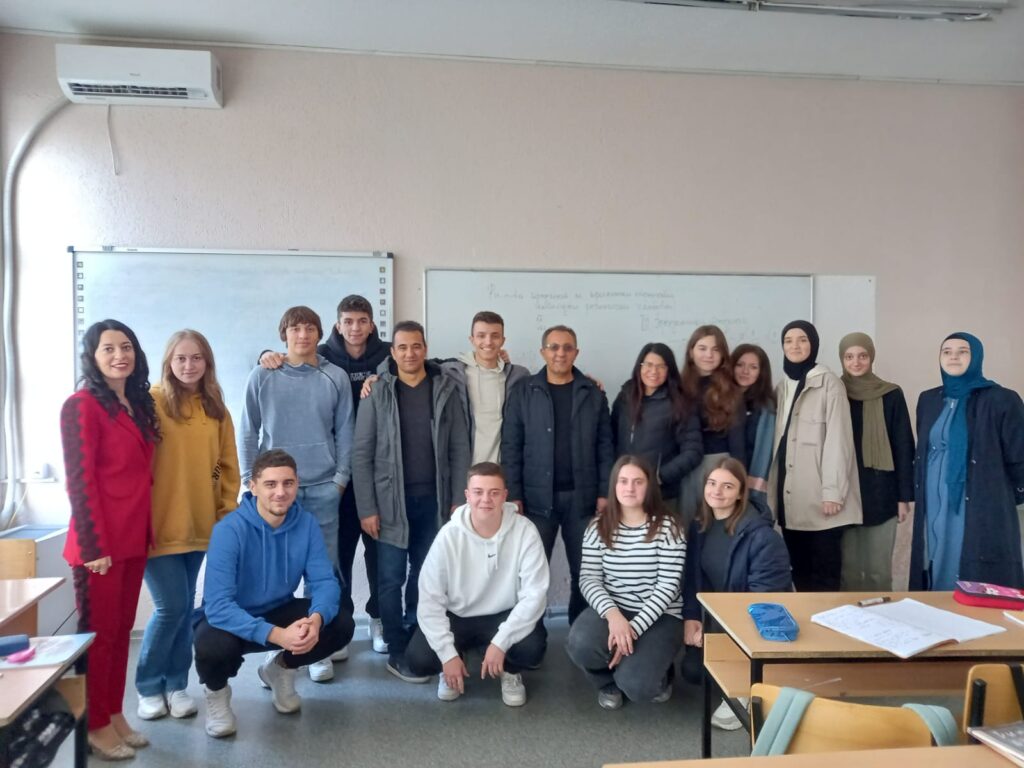
Aksantys training courses on business and sustainability from school to the labour market -WeSTEM new activities
On April 2023, WeSTEM partners met for the next time during the second International Training in Paris to learn about business and sustainability from schools to the labour market. The training addressed the new trends in economy and business. The concept of entrepreneurship was presented from different innovative angles, while taking into consideration the ongoing digital and green transitions. Social entrepreneurship concept was introduced, and the digital entrepreneurship was presented. Corporate Social Responsibility, as a sustainable strategy has been described. The rich agenda of the training included the following topics among others:
- Skills required in entrepreneurship;
- Strategic thinking in entrepreneurship;
- Leadership and stress management;
- Digital skills for Entrepreneurship;
- Risk calculations;
- Empathy and user experience design;
- Cloud solutions;
- The ISO 26000 standards;
- Financial education of children.
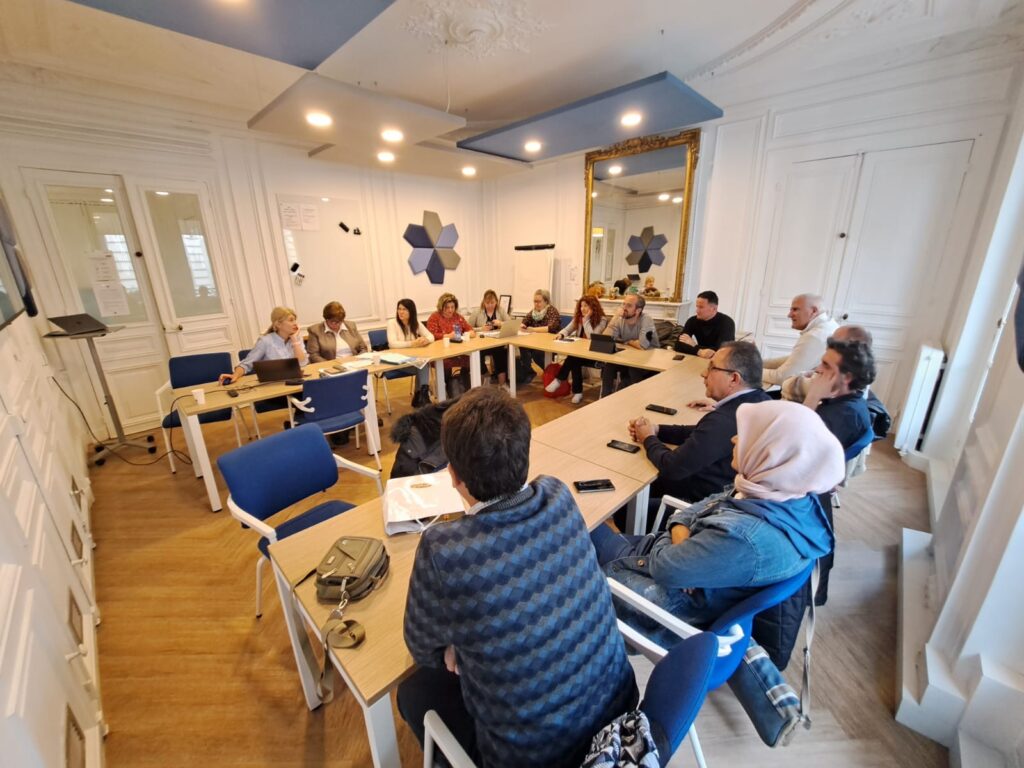
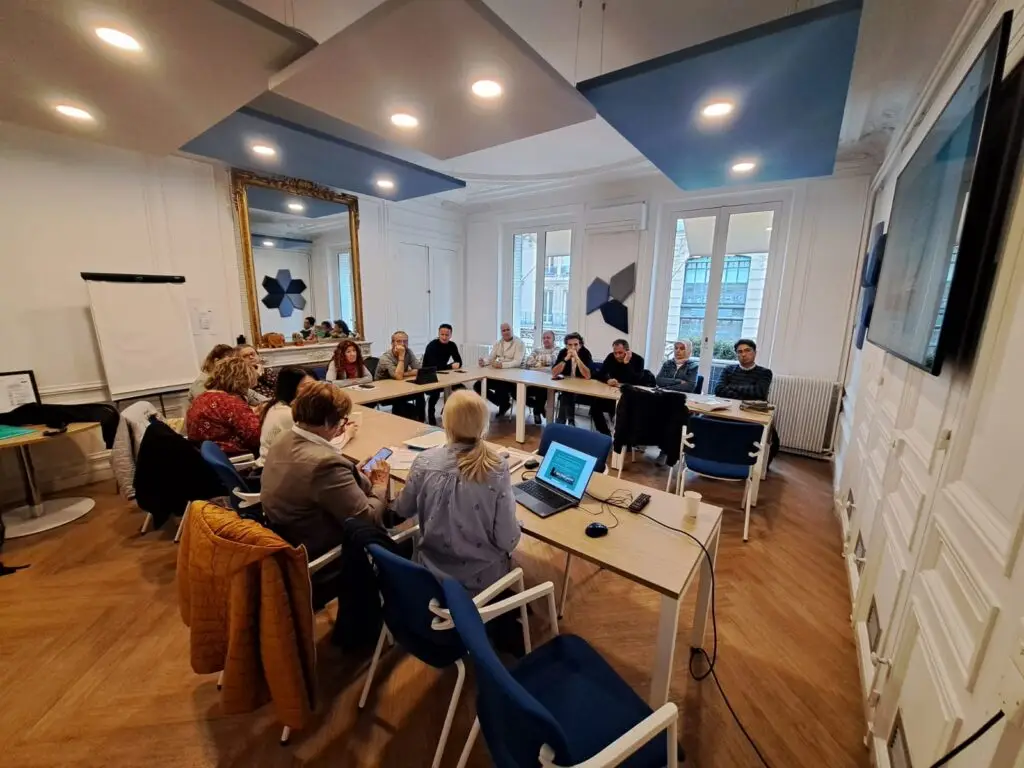
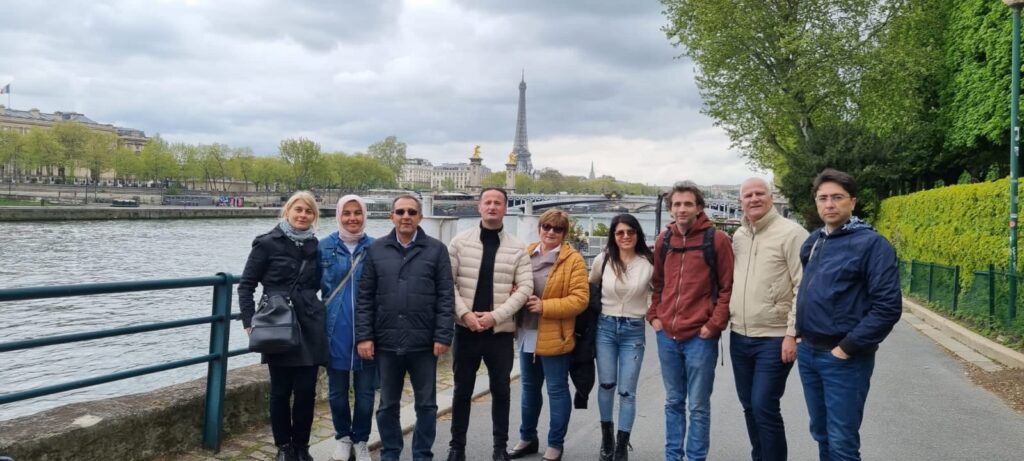
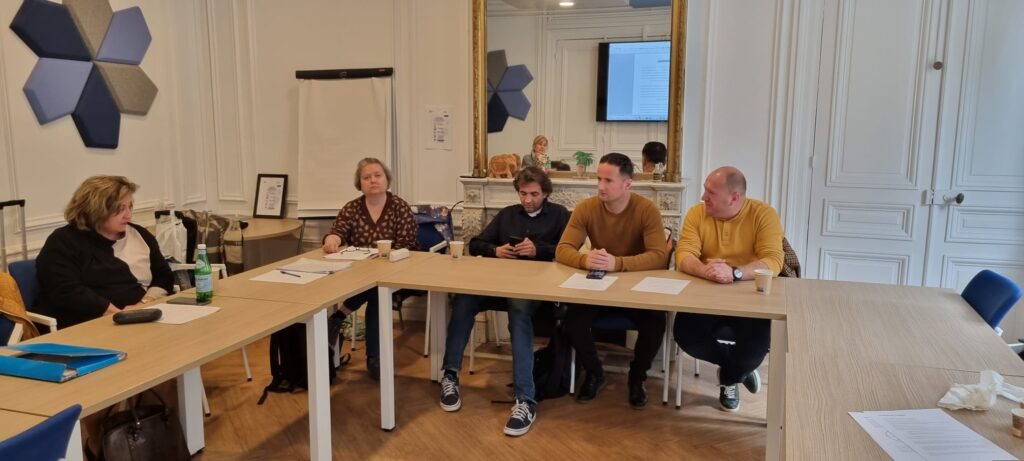
Teachers as critical drivers of the European Skills Agenda - collaborative learning and collaboration
The next international meeting of WeSTEM Education project partners took place from June 25-29, 2023 in Rimini, Italy, and was hosted by Italian partner ASSO – Agenzia per lo Sviluppo Sostenibile.
The introduction to the topic was a presentation of the European Skills Agenda and the role of WeSTEM education as a way to improve people’s skills across Europe.
The key benefits and implementation of collaborative learning and cooperation between schools in Europe were discussed. The meeting was an great opportunity to present the educational systems in each country.
Partners from Italy, Turkey, Macedonia and France presented examples of WeSTEM projects operating in schools that could be used with greater extent. Special activities were prepared by the host teachers to give practical examples of the WeSTEM approach used in everyday teaching activities.
There was also discussion of how to teach students about business and new business models. We agreed that teachers are the critical drivers of student outcomes. The skills they focus on and the learning opportunities they provide affect a generation of students.
After the trainings, cultural events were organized, where participants could also visit the beautiful monuments of Rimini.
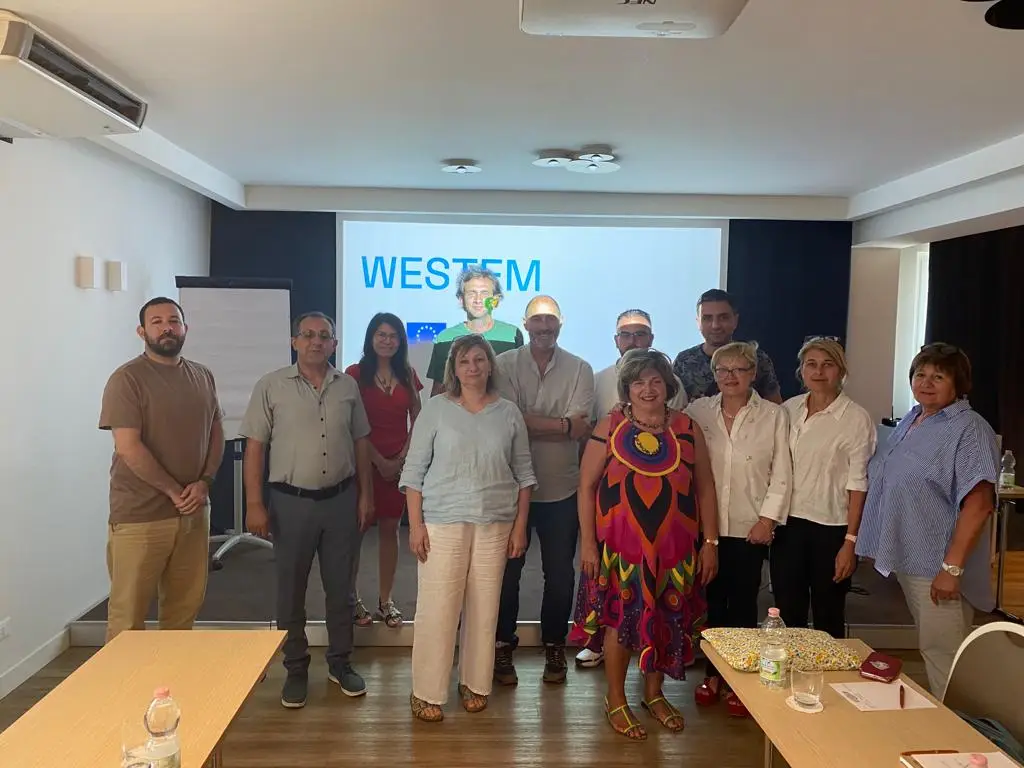
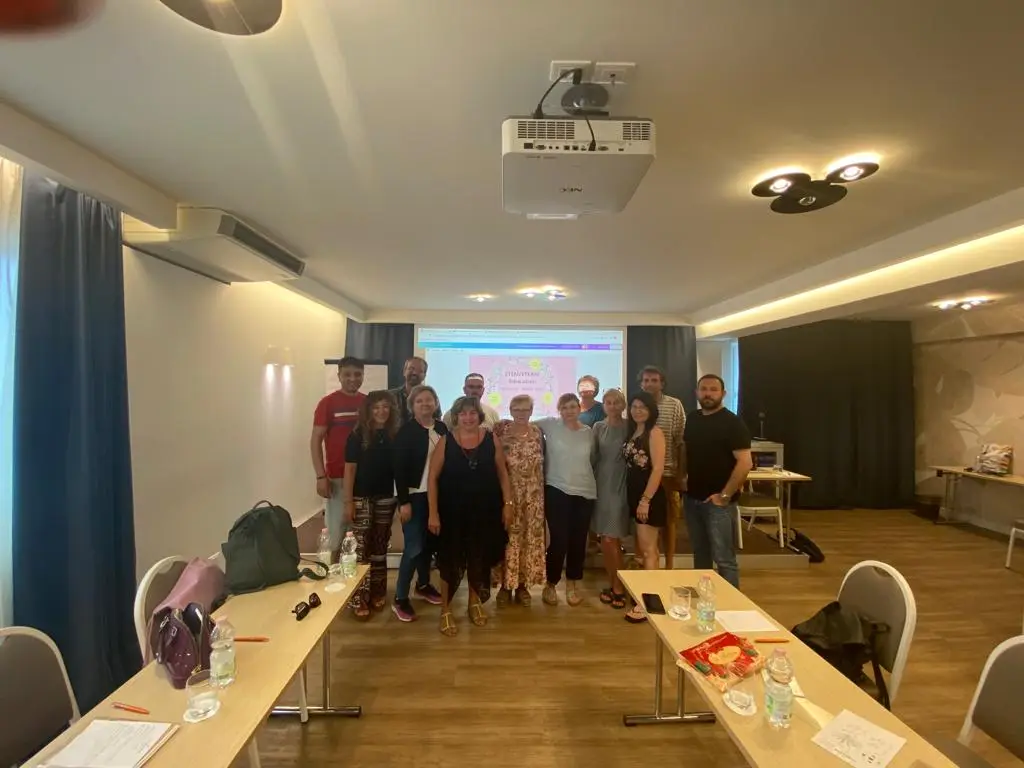
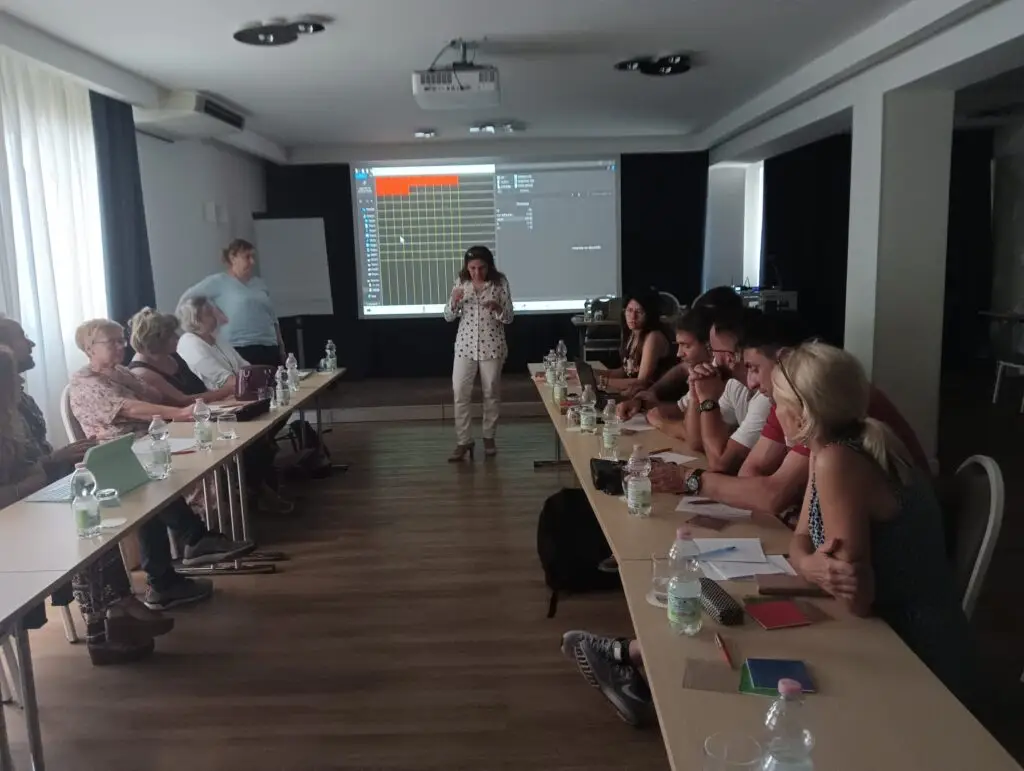
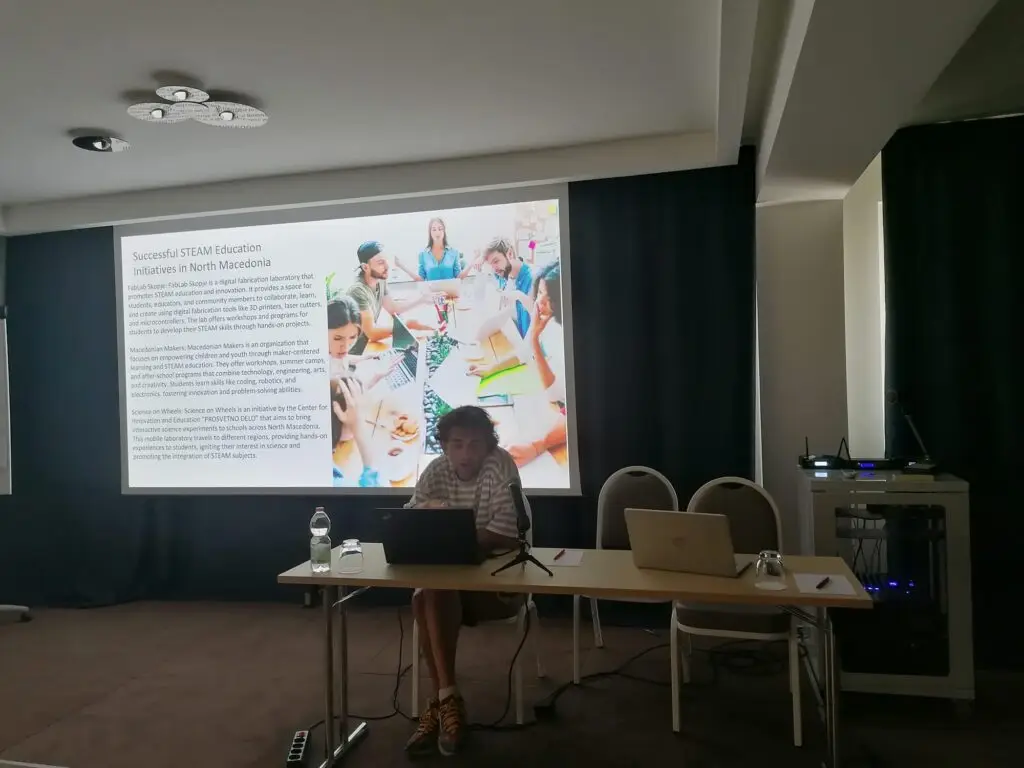
The last WeSTEM training in Istanbul
The last international training and project meeting of WeSTEM project took part between 14th-17th February 2024 in Istanbul, Turkey. It was organized by SOK ILCE MILLI EGITIM MUDURLUGU – Turkish partner.
The meeting brought the topic of the project-based learning as a tool to support STEAM and digital education in particular.
Teachers from the partner organisations were creating lessons based on problem-solving and identifying students’ needs, they were performing activities to implement project-based learning in interdisciplinary interaction. They were also supposed to merge the knowledge gained during the first project training about entrepreneurship with the project-based learning concept and prepare and simulate exercises, which then could be used during their daily classes.
The activities were highly interactive. Teachers being gathered in small groups were individually building on the concept and sharing their own experiences and lessons learnt. Then discussed at the forum, each experience was evaluated and recommendations were provided.
On the top of that, the role of teachers in implemented project-based learning was highlighted. Teachers as a main direct point of contact between pupils and educational system representatives, are the main power to support the change of the educational curricula.
After the classes the exchange of cultures and the social activities were performed.
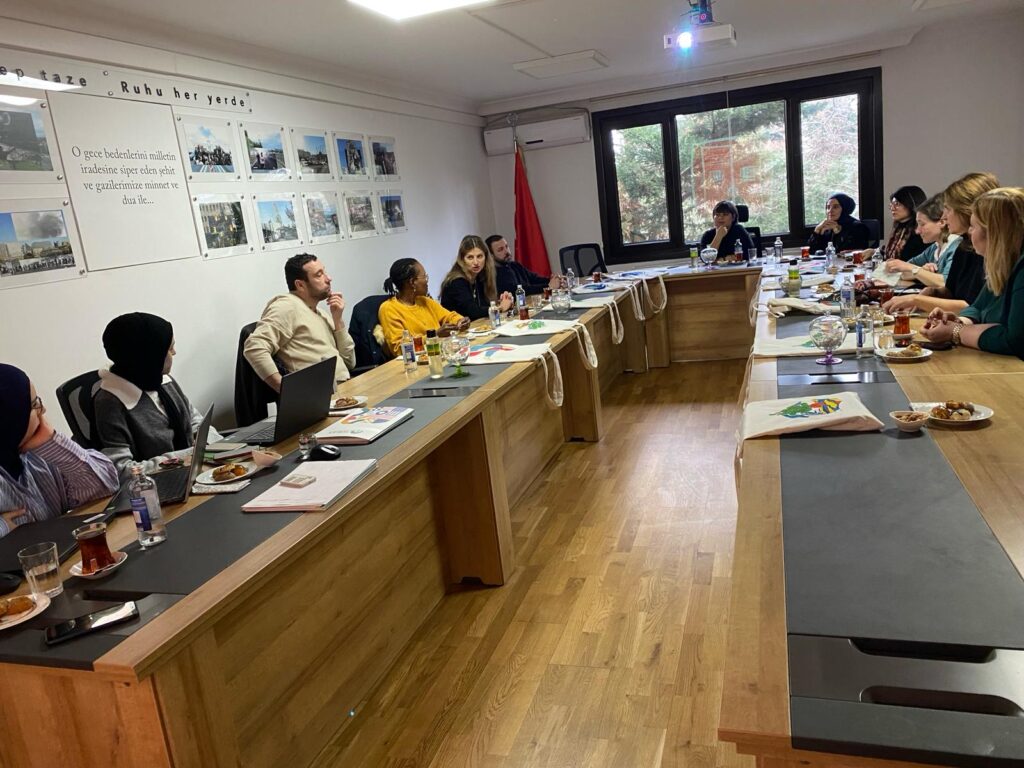
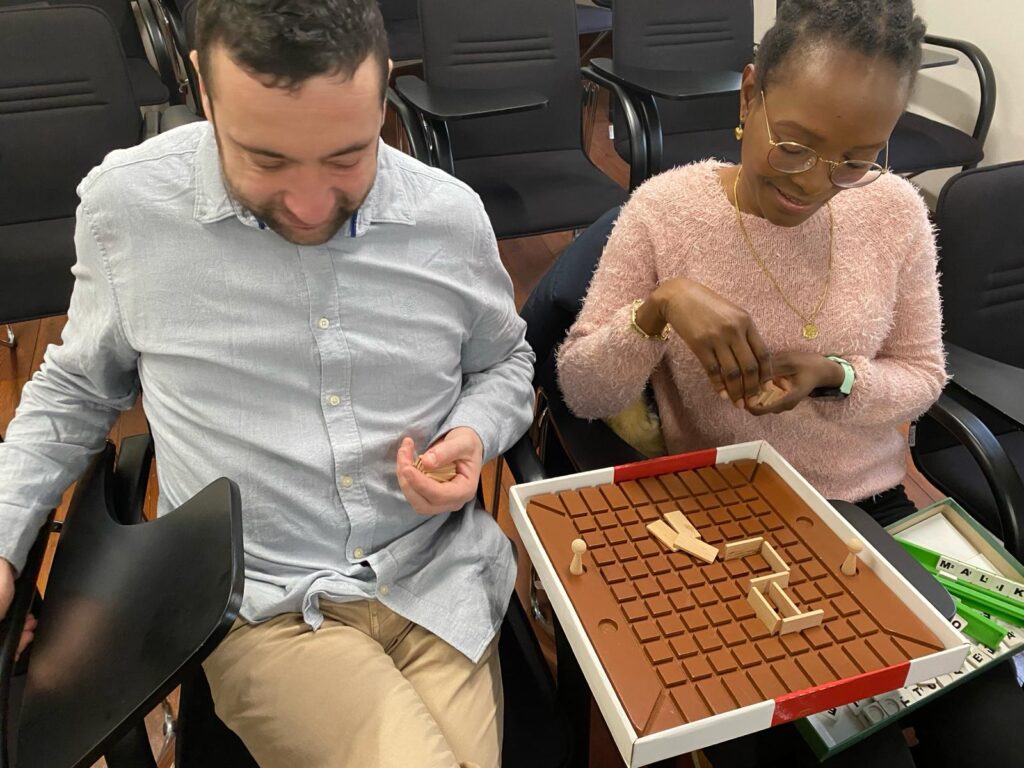
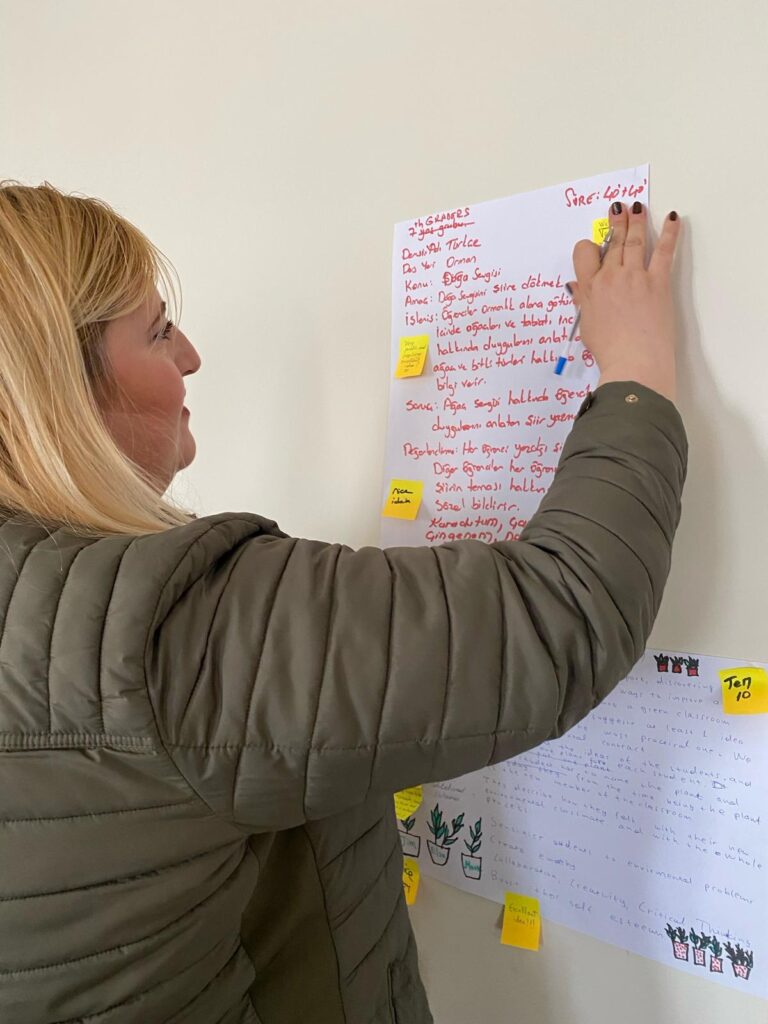
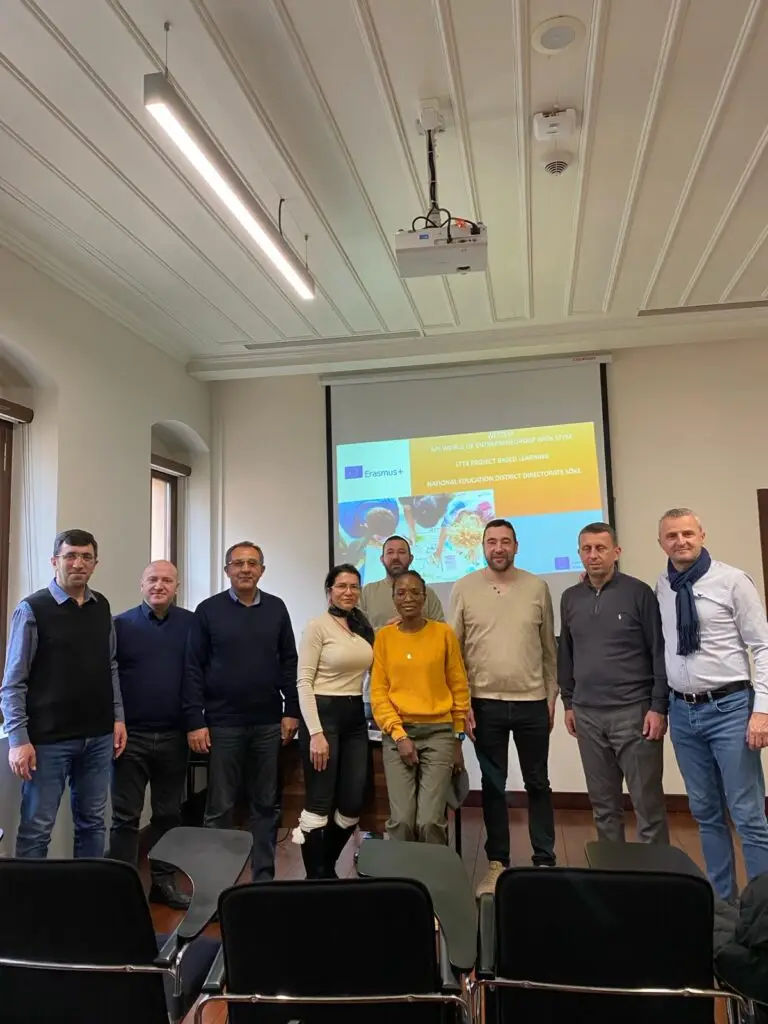
Educational curriculum pedagogues for STEM and entrepreneurship – lessons learnt from WeSTEM project
During WeSTEM trainings special attention has been paid for the sustainability of the results. Trainings supporting teachers and coaches is one way of encouraging the implementation of innovative STEM approaches into the educational curricula. The other way is to support and advice the policy makers to implement the concept, as a regular framework in the educational system.
The aim of this publication is to provide guidelines for policy makers on how to combine STEM and entrepreneurship into the educational curricula. In is based on the experiences being gathered during WeSTEM project implementation.
During every course in the project, there was a space for discussion and exchange of ideas, thoughts, challenges, and opportunities, which STEM might bring to schools in the new, rapidly changing labour market.
As a result of these talks and inspiring exchange of experiences, and ideas, we prepared the educational pedagogues for head teachers and policy makers, where the main WeSTEM challenges and lessons learnt are presented. The report is aimed to be used by other primary schools in all EU countries. It is assumed to serve to help better integrate STEM, and entrepreneurial skills, as future competencies, into the school curricula.

